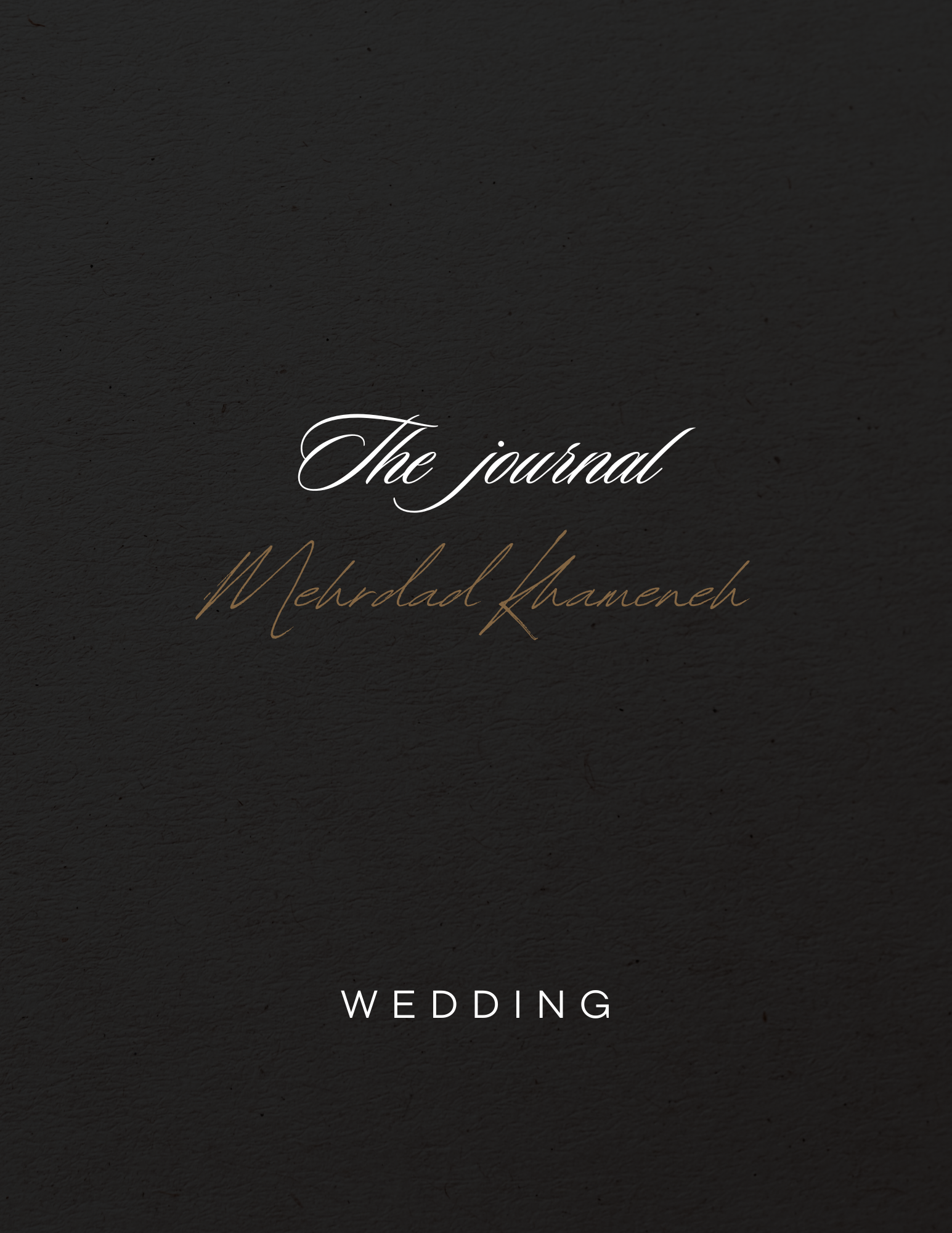Wedding

When my aunt was getting married, I was given the important task of scattering rose petals in front of the bride and groom. The other children in the family also had their roles alongside them. It felt as though, next to the two main figures of the ceremony, the children were the most significant participants.
At that time, my aunt was an English teacher, and as children, we didn’t fully understand why we were so important to her on one of the most significant days of her life.
As the years passed, she demonstrated her deep belief in the importance of children in the way she raised her own. She always stood by her children, defending them in any situation. Unlike other family members, who would often scold their own kids with a sense of politeness that made the children feel embarrassed, my aunt took a completely different approach. She believed that children had the right to be mischievous, to play, and to make a mess. When the adults objected, she would defend the children firmly, saying: “A child cannot just sit quietly in a corner with a bow tie, talking about politics or philosophy. A child’s role is to be playful.”
Personally, I had never seen such a level of respect for children in any Iranian family. It was only years later, in a country like Norway, that I truly understood how children's rights and their natural behavior were an inherent part of their social rights.
For her wedding, they had a special brown velvet suit made for me, and the other girls were dressed in matching dresses. My aunt and I practiced my role for days to make sure my small steps didn’t fall behind the others. On the big day, I truly believed that one of the most important tasks in the ceremony rested on my shoulders—if I didn’t guide the bride and groom properly, everything would fall apart.
I carried out my duty with care, and as soon as I finished, I found the first child my age and spent the rest of the evening wrestling in my velvet suit.
